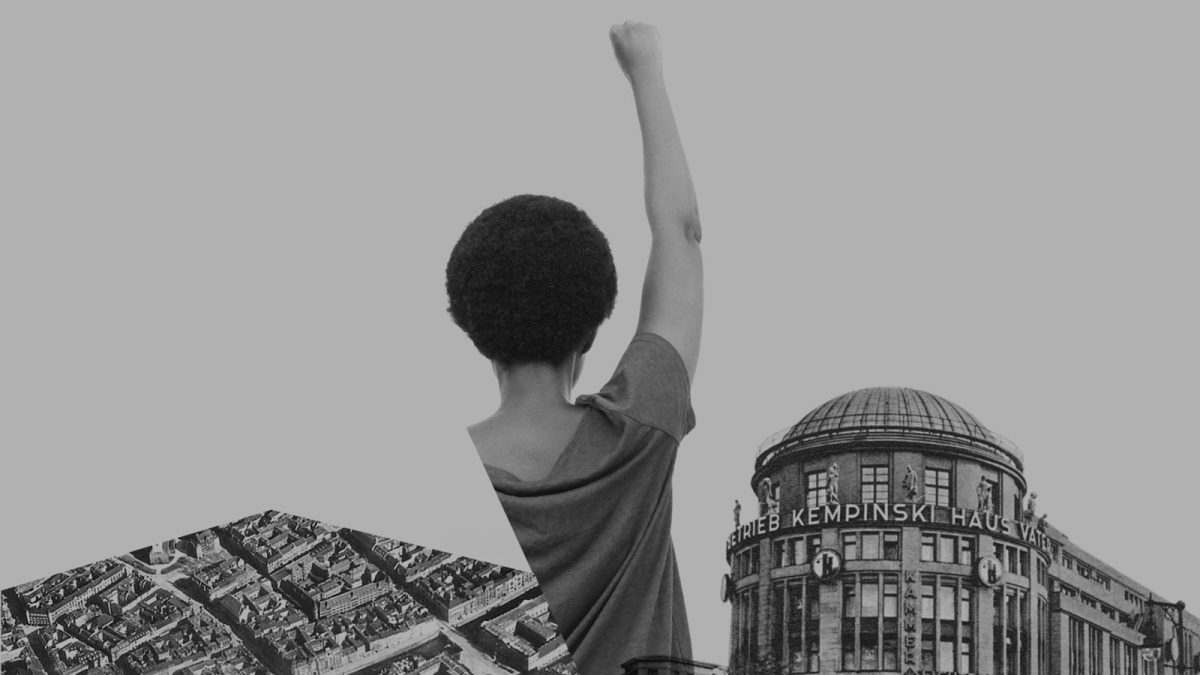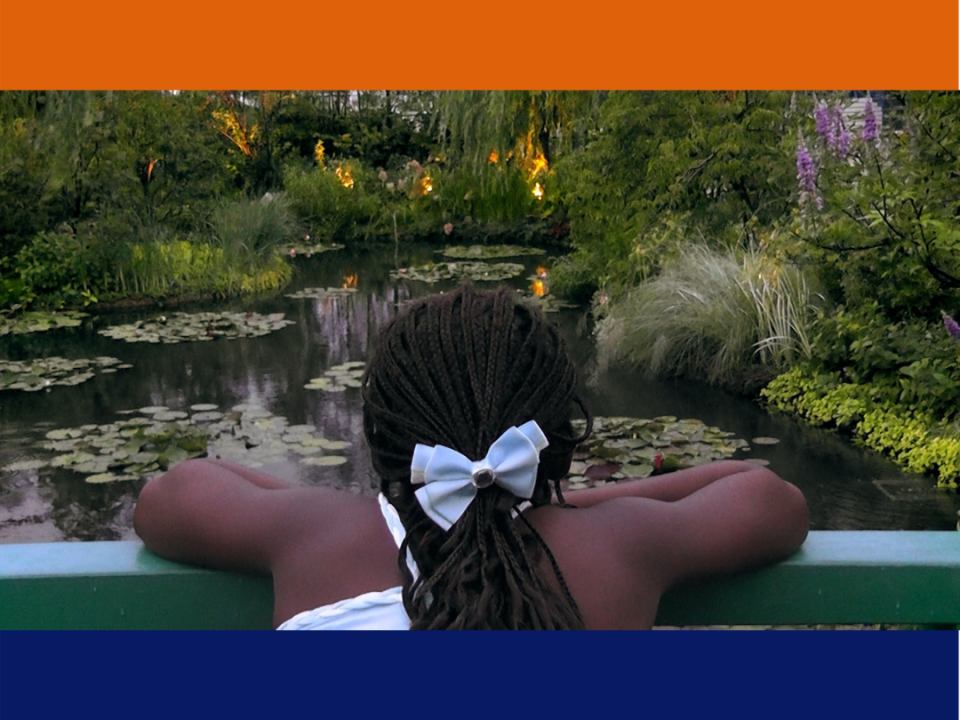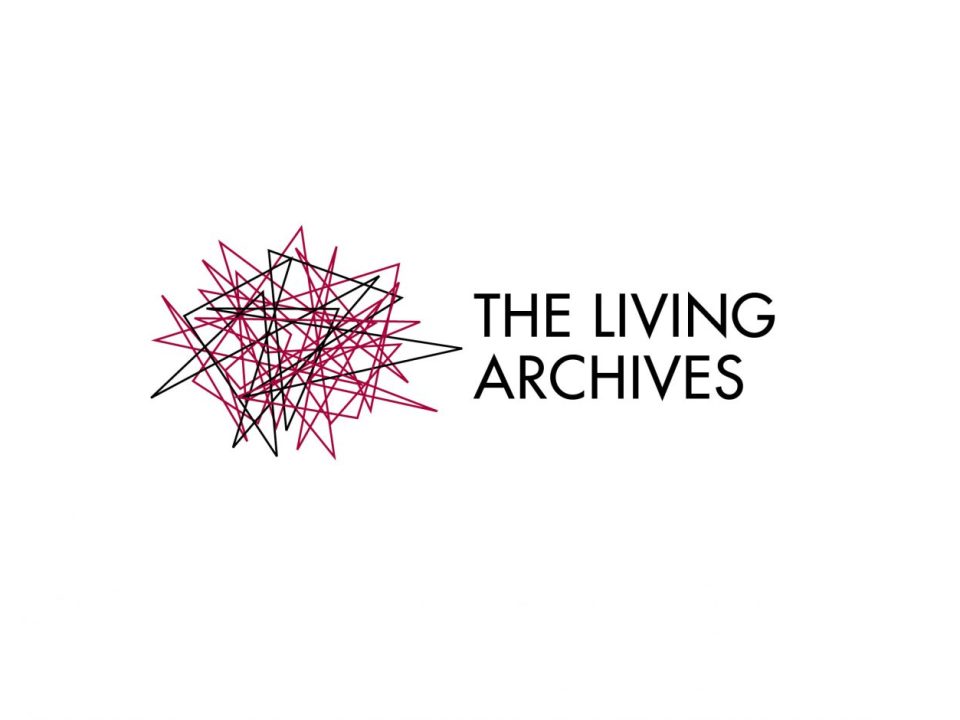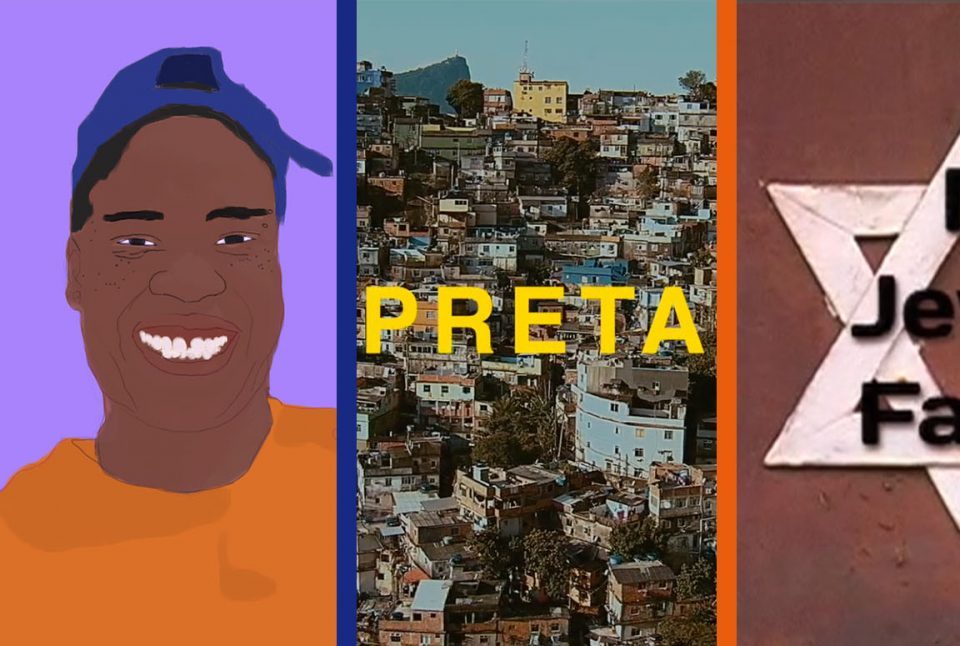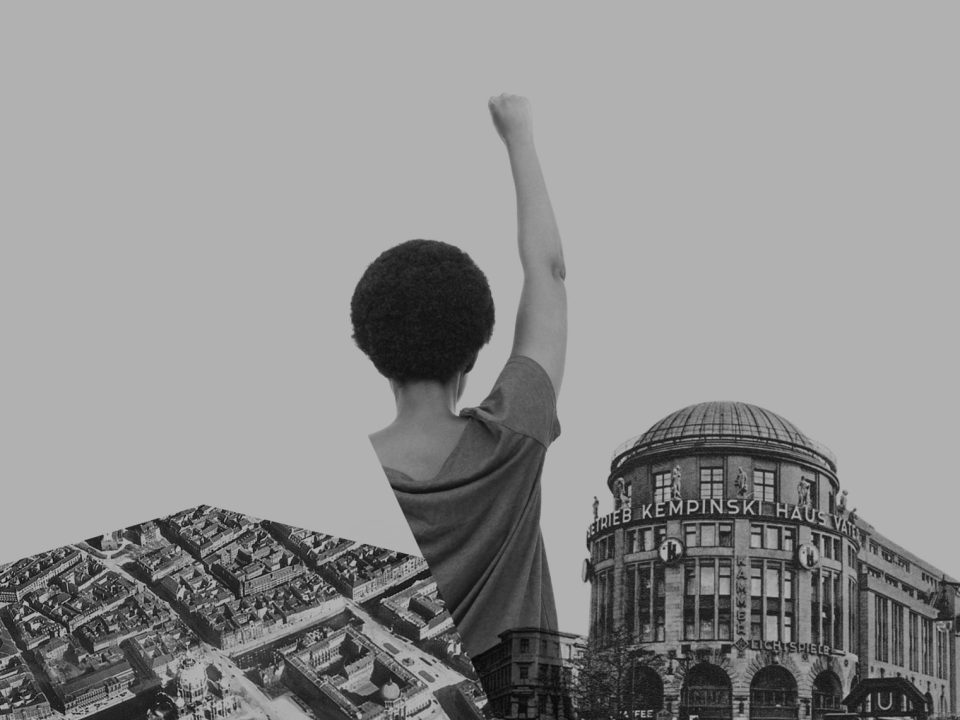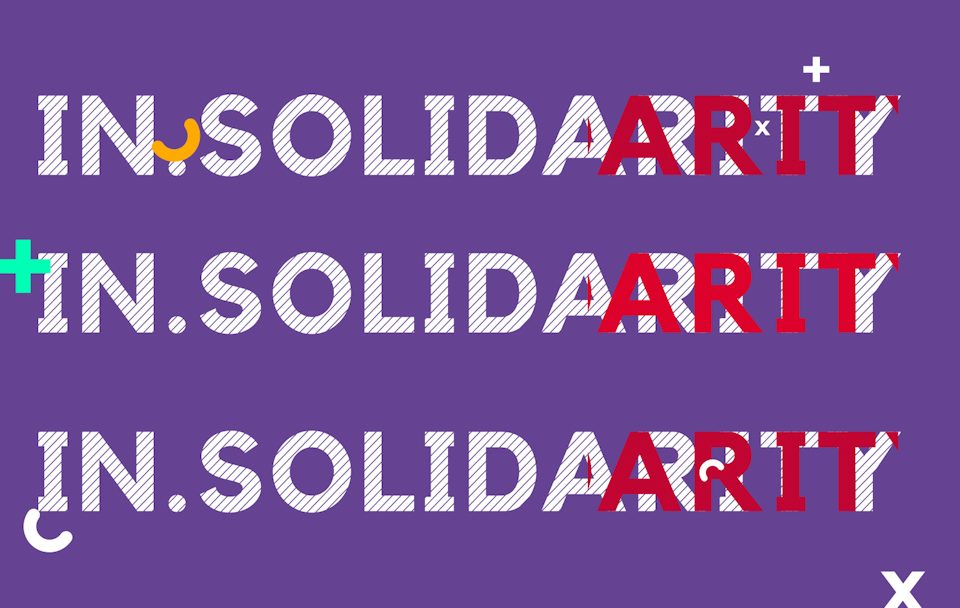
Globalgeschichtliche und intersektionale Perspektiven in der historisch-politischen Bildung
24.08.2020
Afrofilm Screening #2 I Diasporic Realities
27.10.2020Friday, 16 October 2020, 11-18h (Language: spoken German)

- Panel discussion with Saraya Gomis, Isidora Randjelović, Manuela Bauche and Darja Klingenberg Moderation: Diane Izabiliza and Iris Rajanayagam.
- Workshop on the website „Verwobene Geschichte*n“ („Entangled Histories“) with Diane Izabiliza and Iris Rajanayagam.
In this full-day event we would like to deal with memory cultures and the transfer of historical knowledge in the German-speaking context, from a decolonial and cross-community perspective. Intersectional approaches and perspectives in historical-political education will also be addressed in this context.
Our focus will lie on collective memory and historical interweavings between different marginalised and racialised communities. In this context, both continuities and breaks up to the present will be discussed.
The day will be opened by Iman Attia (director „Verwobene Geschichte*n“) and will begin with a panel discussion on the topic:
Shared and Divided Histories
Cross-community and transnational linkages of histor(y)ies
Central issues addressed here will be:
- How important is the knowledge of (cross-community and transnational) interrelationships of histor(y)ies for the establishment or further development of networks/structures of solidarity between different communities?
- How can (his)stories of different communities be put into relation with each other without losing sight of the specifics of each community and avoiding watering down these stories and their continuities to this day?
- How can this knowledge be made fruitful for (shared) resistance movements and which role does it play for decolonial theory and practice today?
- How can intersectional perspectives be integrated/considered in historical-political education?
This will be followed by a workshop on „Verwobene Geschichte*n“, in which the various levels and approaches will be presented and the above-mentioned questions taken up and discussed in more depth.
The „Verwobene Geschichten*n“ website uses different approaches to recall marginalised and interwoven stories that refer to the presence of Black people and People of Colour in Berlin and Germany. It deals with their everyday life and their resistance, which are and have always been struggles for agency and the right to define.
—
The event aims to provide a space for people working in (historical)-political education to get to know and apply global historical and intersectional approaches to teaching in their own educational practice. However, people who are not explicitly active in this field are also warmly welcome. During the workshop there will be plenty of room for exchange and existing approaches will be discussed and, if necessary, further developed.
The panel discussion and the workshop will take place online and in spoken German.
Please register for the panel discussion (not incl. the workshop!) by October 14th, 2020 at contact@xartsplitta.net
Please register for the workshop (incl. panel discussion!) with brief information on your motivation for participating (5-7 lines) by September 21st, 2020 at contact@xartsplitta.net.
Taking part in the panel discussion, is a prerequisite for participation in the workshop.
As we will only be able to admit a limited number of participants to the workshop, all registrations will be collected till September 21st, 2020. You will receive a reply by September 28th, 202o as to whether we were able to admit you.
Speakers
Manuela Bauche is a historian with a focus on the history of colonialism and of life sciences of the 19th and 20th centuries. She also has several years of experience in historical-political education. Her dissertation, published by Campus-Verlag in 2017, examines the relationships between the fight against malaria, state rule, racism and classism in Cameroon, German East Africa and East Frisia around 1900. Since January 2019, Manuela Bauche has been the director of the project „History of Ihnestr. 22″, which aims at developing a concept for remembering the history of the Kaiser Wilhelm Institute for Anthropology, Human Heredity and Eugenics“ at the historical site Ihnestraße 22 – a history which entailed the dehumanization and persecution of among others Sint*ezze and Rom*nja, Jews, Black people, Asian-Germans and disabled people.
Saraya Gomis Educator and learner.
Darja Klingenberg is research fellow at the Chair of Comparative Cultural and Social Anthropology at the Faculty of Cultural Studies (Kuwi) of the Viadrina University Frankfurt /Oder. Her teaching and research interests include migration sociology, with a focus on Russian-speaking, especially Jewish, migration movements in the 20th century. She deals with feminist theory, intersectional perspectives on social inequality, the sociology of housing, the sociology of humour and methods of qualitative social research. Darja Klingenberg received her doctorate with a dissertation entitled „Living/residing after Migration. Materialism, Aspirations and Melancholy of Russian-speaking Migrant Middle Classes“, which will be published by Campus end of this year.
Isidora Randjelović is a social pedagogue and social worker. She is director of the feminist Romnja* Archiv RomaniPhen. She writes about the interdependence of race and gender as well as movements and self-organisation and is involved in IniRromnja. Isidora Randjelović is lecturer at the Alice Salomon University of Applied Sciences Berlin and board member of RomaniPhen e.V.
Workshop facilitators
Diane Izabiliza is currently studying socio-cultural studies at the European University Viadrina, Frankfurt/Oder. She is a graduate of the bachelor’s programme in Social Work at the Alice Salomon University of Applied Sciences Berlin and is a qualified educator. Her main areas of study include (anti)racism, gender, postcolonial theories and critical migration research. Diane Izabiliza was involved in the development of the site „Verwobene Geschichte*n“, which also features her film „The Wall Fell on Our Head„.
Iris Rajanayagam is a historian, director of xart splitta: www.xartsplitta.net/en/people-at-xart-splitta/ and also contributed to the development of the website „Verwobene Geschichte*n“.
This event is part of the project #CommunitiesSolidarischDenken and is sponsored by LADS.

